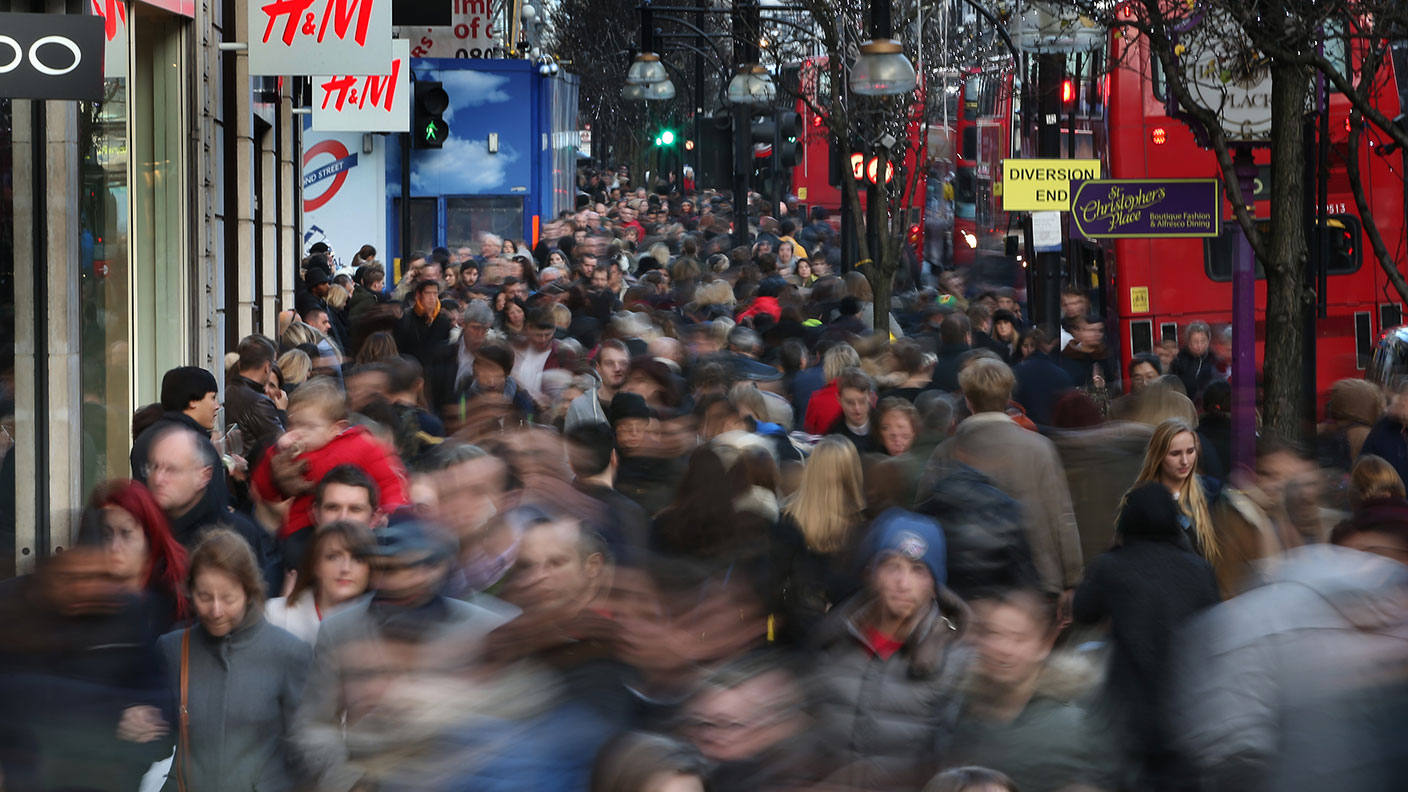Who's future is this anyway?
Be aware of who's version of the future you are looking at.
Depending on what you reading right now - you might well be led to believe that the future of cities is looking increasingly uncertain as a result of the covid-19 pandemic.
Forced remote working from home has opened our minds up to the realisation that it is feasible to hold down a 9-5 job from the comfort of our home offices.
And if there is no reason to commute to the office, well then you just might as well live in the countryside, or in a remote, rural seaside village - and leave the big, noisy, dangerous city for good.

You might then assume that the future of cities around the world is in jeopardy.
But you would be very far from the true.
Perhaps the trend of de-urbanisation is a relevant one for a very small minority of white-collar people that have the luxury of being able to do their work remotely, but for the overwhelming majority of the world's population - cities will continue to be centres of economic prosperity into the future.
Lagos, Mumbai, Johannesburg, Cairo, Istanbul, Jakarta, Beijing - these are the mega-metros of tomorrow; and the vast majority of people that will continue to flock to them cannot do their work online.
The very idea of remote working for them is so far removed from their everyday reality, that it hardly bears relevance for those with a holistic, global perspective of the future.

So when analysing and assessing forces of change that may bear relevance to you and your business - be very careful as to who's future you are considering.
There is no one future for all - alternative futures really depend heavily on your perspective.
De-urbanisation might be a relevant trend for a handful of rich knowledge-workers living in New York City or Birmingham, but is hardly worth a second thought for the billions living in Africa and Asia.
In fact, I would argue that the widespread economic hardship that this pandemic has created throughout the world, could in fact further accelerate and intensify the rate of urbanisation in many countries as families flock to cities to find work and opportunity.



